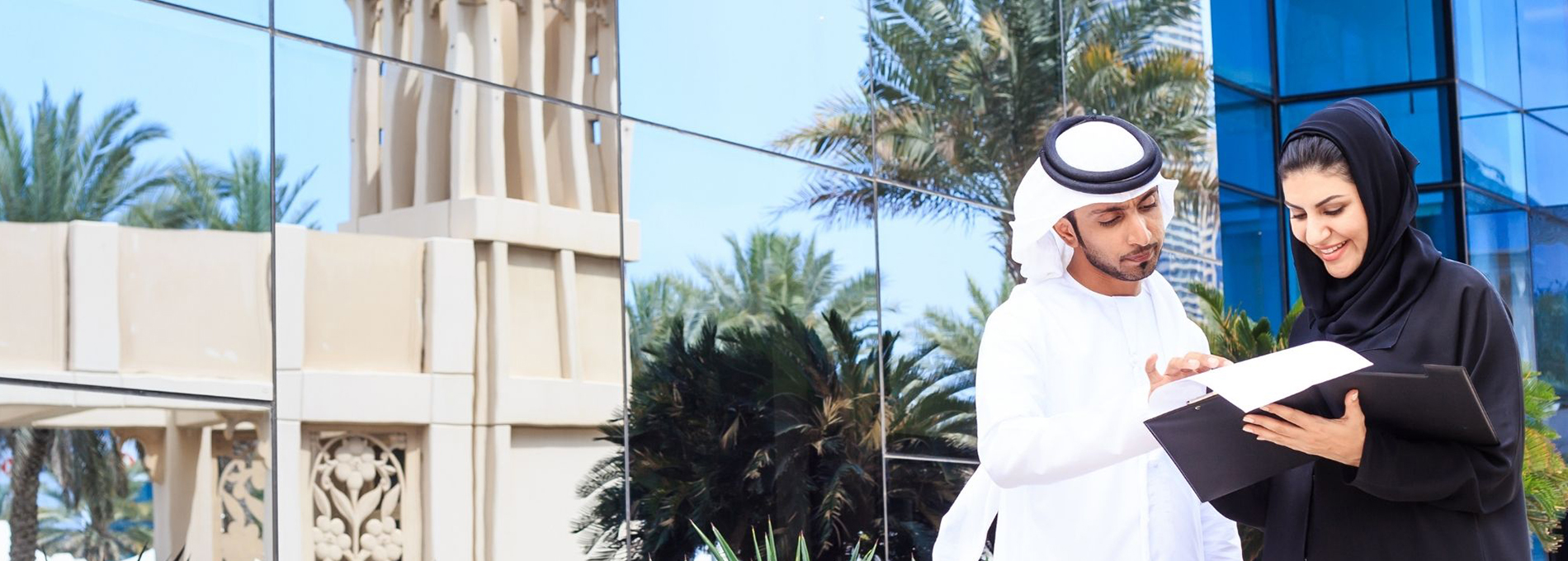
Dubai Smart City
Building on the foundation laid in 1999, when the government of Dubai announced its first information and communications technology (ICT) strategy, Smart Dubai was founded as an instrumental government body in 2014.
Anchored in the vision of H. H. Sheikh Mohammed bin Rashid Al Maktoum, Vice President & Prime Minister of the UAE, and Ruler of Dubai, Smart Dubai was established to pave the way for Dubai to become the “Smartest City in the World”.
Transitioning into a smart city, and by collaborating with private and public sector partners, Smart Dubai envisions a future where the city’s resources are all optimised for maximum efficiency and services are seamlessly integrated into people’s lives. In other words, the existence of the Smart Dubai initiative perfectly complements the vision of H. H. Sheikh Mohammed to make Dubai the happiest city on Earth.
The cities of tomorrow will be both ‘smarter’ and more sustainable
Smart Dubai has announced an ambitious roadmap, which outlines six city dimensions Dubai ought to excel at in order to emerge as the world-leading ‘smart’ city. A key pillar in establishing Dubai as the “Smartest City in the World” is the environmental dimension.
In the future, pioneering cities will not merely become ‘smarter’ but also more sustainable. DEWA, The Dubai Electricity & Water Authority, which is the government electricity company in Dubai, is fully committed to making this a reality by diversifying its energy mix through the use of clean and renewable energy sources.
By harnessing the power of modern technology, Smart Dubai has set out to complete an ambitious project to install smart meters, which not only allows meters to read themselves but also enables the implementation of a sliding scale pricing system. This system will motivate the public to save electricity and rationalize their consumption; thereby contributing to a sustainable and greener future for the emirate.
In extension to consuming electricity from the DEWA-grid, the citizens of Dubai can produce their own electricity through sustainable means, such as installing grid-connected solar (PV) panels. If, at any point in time, surplus power is produced by a household, it can be sent back to the DEWA-grid in return for credit that offset future electricity bills – this is referred to as the Net Metering Scheme.
